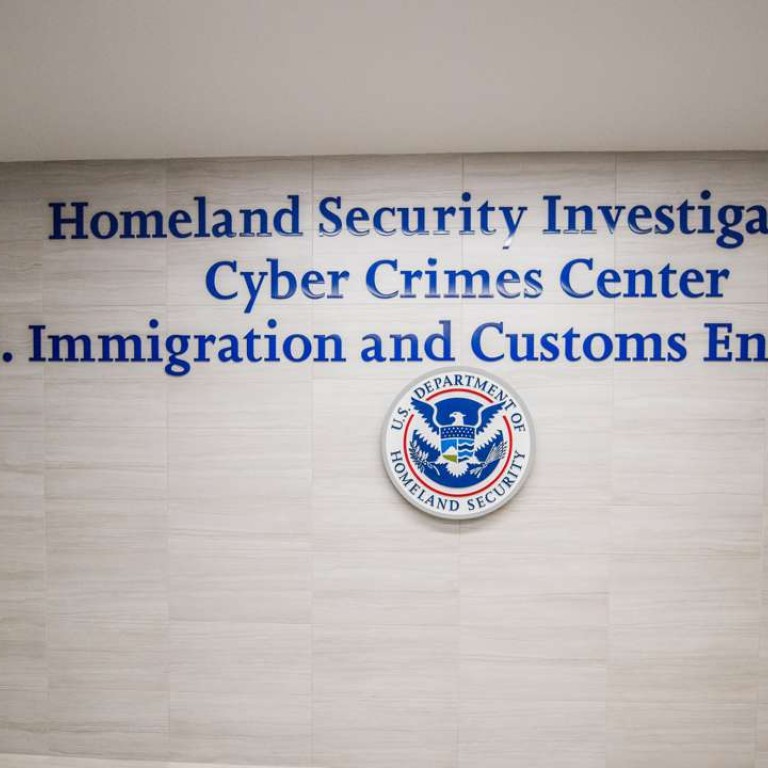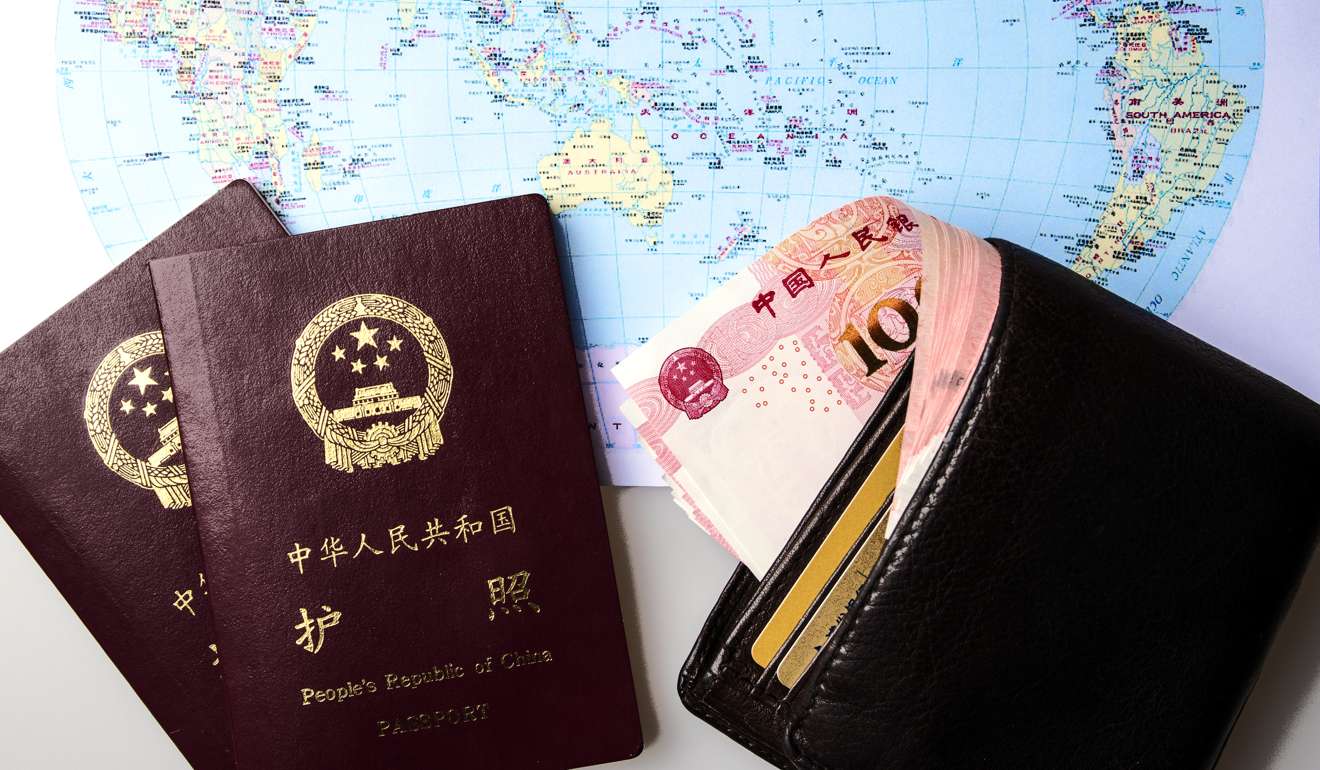
Trump administration expands social media checks to cover Chinese visitors
US Department of Homeland Security proposes asking Chinese 10-year visa applicants for details of social media presence
The Donald Trump administration is seeking to check the social media presence of Chinese visitors by asking visa holders to disclose information about their favourite social media platforms and user names.
The document was made available to the public on Tuesday in the Federal Register – the daily journal of the US government. It said the Department of Homeland Security proposes to include the following question to the EVUS application: “Please enter information associated with your online presence – Provider/Platform – Social media identifier.”

The social media check would only apply to non-immigrant Chinese with 10-year visas, which include business (B-1), pleasure (B-2) and combination (B-1/B-2), as they are currently the only users of EVUS. According to the notice, about 3.6 million applicants would be affected by the social media check.
The proposal also said, “Respondents who choose not to answer this question can still submit an EVUS enrolment without a negative interpretation or inference. The question will be clearly marked as optional.”
Homeland Security started to collect travellers’ social media data in December under the Barack Obama Administration. The previous administration included a similar optional question in its Visa Waiver Programme, another online system that lets visitors from 32 countries with high-income economies skip the formal process of applying for a visa.
The optional question in the Visa Waiver Programmefeatures a drop-down menu including platforms such as Facebook, Twitter, Google+, Instagram, LinkedIn and YouTube, and additional space for applicants to fill in their account names on those sites.
According to the notice, the data collected by the social media check would be “used for vetting purposes, as needed, providing highly trained CBP officers with timely visibility into publicly available information on the platforms associated with the social media identifier(s)”.
The move to include Chinese visitors in social media screening comes after Homeland Security Secretary John Kelly told a Congressional hearing earlier this month that the administration was considering asking some foreign visitors to turn over their passwords as a further effort to screen out terrorists.
“If they come in, we want to say, what websites do they visit, and give us your passwords. So we can see what they do on the internet,” Kelly said.
Many Chinese are not keen on that idea.
A mainland US visa holder in Guangdong, Yi Tao, said she wouldn’t give up her account information even if the government asked her to.
“What I do on social media is my personal affair and it has nothing to do with the fact that I am entering your country,” she said, “I consider it generous if I give them my email address but it’s intrusive to ask me for my social media information.”
She said she uses WeChat as her main social media platform and she does not have accounts with other international social media providers.
A commenter on Weibo, China’s microblog social media platform, said: “We don’t get to use those social media apps which are used in the US. So I wouldn’t even bother with that question.”
Another visa holder from Guangdong, Yi Xiaoying, said, “I certainly worry about how governments monitor my social media usage but if they were to monitor me, there’s little I could do.”
He added, “I think governments are entitled to monitor social media but it should only be used for national security.”

